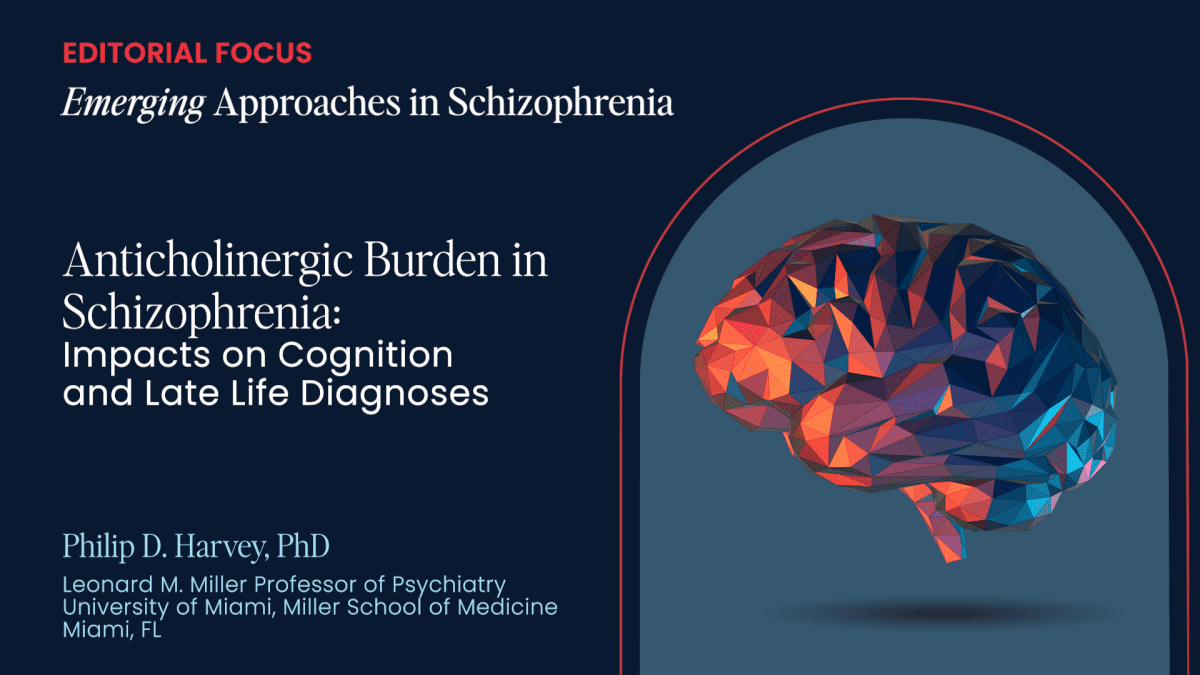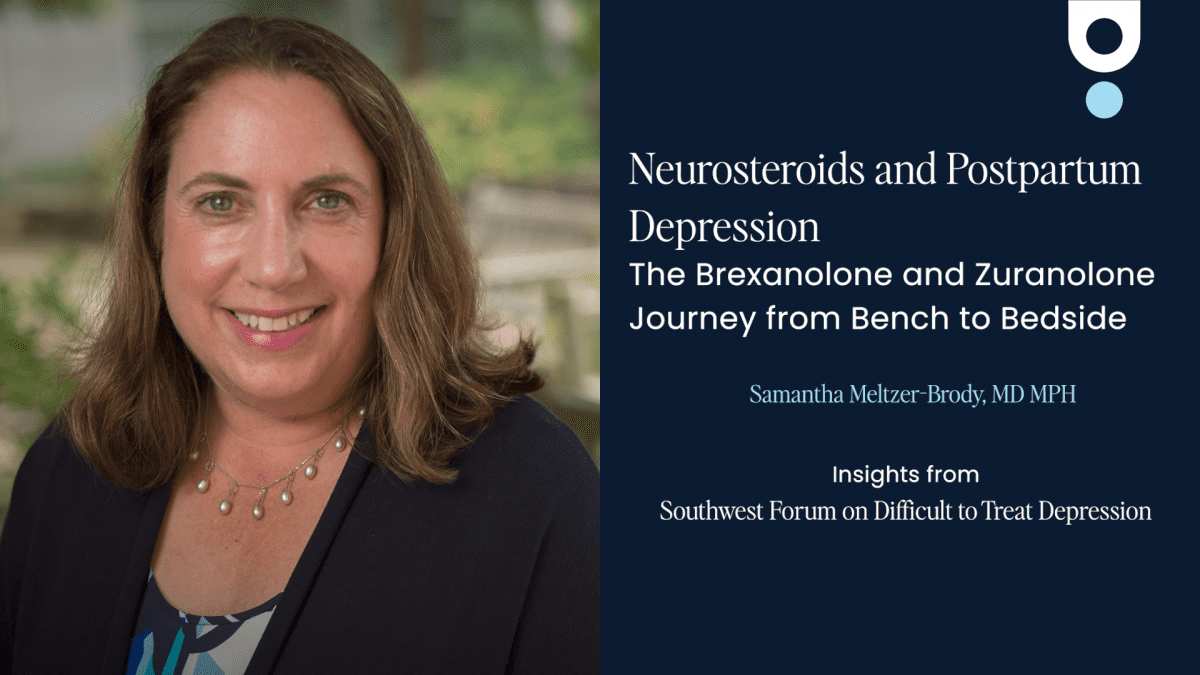JCP Weekly
November 4, 2024
History of Concussion and Risk of Severe Maternal Mental Illness: A Population-Based Cohort Study
Individuals with a history of concussion had an increased risk of severe maternal mental illness; the association was strongest in those with no history of mental illness.
October 31, 2024
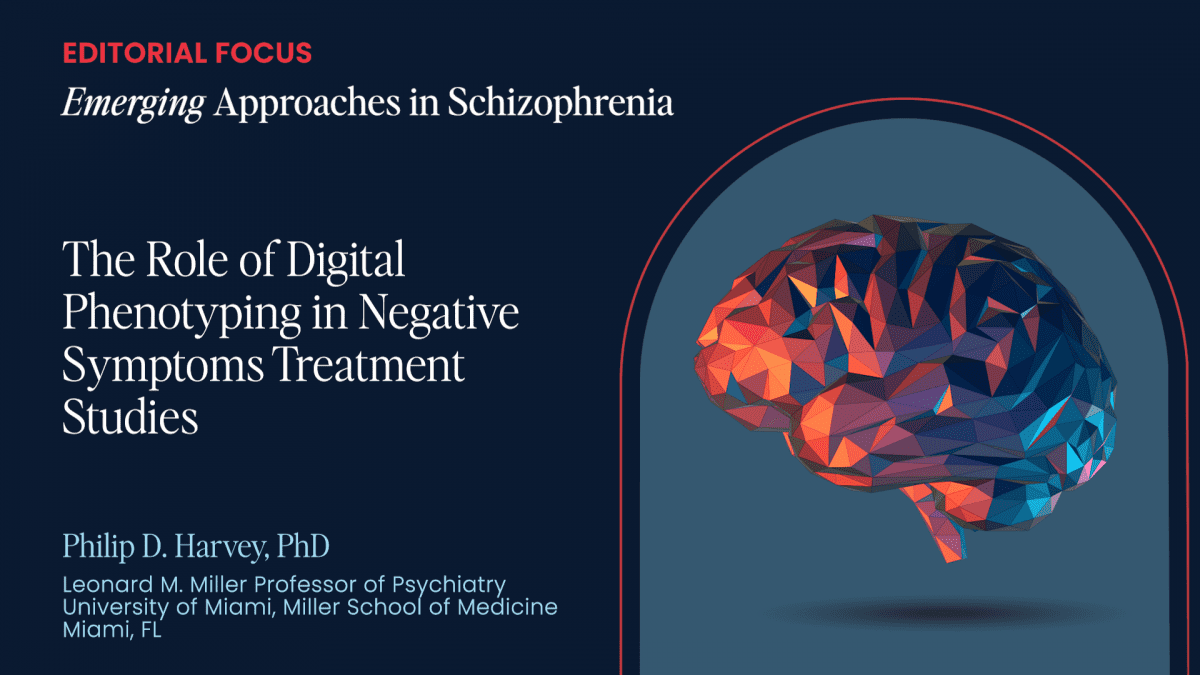
Prevalence and Determinants of Everyday Disability in Schizophrenia
In this video, Philip D. Harvey, PhD discusses the multifaceted nature of disability in schizophrenia, highlighting the impact of cognitive impairments, functional capacity, and negative symptoms on everyday outcomes like independent living and social engagement. He explains that while cognition affects vocational and independent living outcomes, social outcomes are also linked to social motivation and competence. He underscores that targeting multiple factors will be crucial to effectively reduce disability in severe mental illness.

The Role of Digital Phenotyping in Negative Symptoms Treatment Studies
In this video, Philip D. Harvey, PhD explores the use of digital phenotyping to track negative symptoms in schizophrenia. Through ecological momentary assessments (EMA) using GPS and actigraphy, the approach captures real-time behavioral data—like mobility, socialization, and activity levels. Harvey discusses its clinical relevance, especially as it enables unbiased, continuous assessment of symptom severity and treatment response, showing high adherence and reliability in capturing patient activity and mood patterns.
Anticholinergic Burden in Schizophrenia: Impacts on Cognition and Late Life Diagnoses
In this video, Philip D. Harvey, PhD discusses anticholinergic burden in schizophrenia, highlighting its cognitive impact, particularly memory impairments linked to M1 receptor blockade. He underscores the heightened dementia risk from anticholinergic use, especially in older patients, and emphasizes the clinical importance of managing anticholinergic burden due to its iatrogenic effects on cognition, independent of genetic dementia risk factors.
October 30, 2024

Maternal Cannabis Use During Pregnancy and Maternal and Neonatal Adverse Outcomes
This article focuses on the use of cannabis by women during the reproductive lifespan and specifically during pregnancy, and maternal and neonatal outcomes associated with exposure. Two recent large cohort studies are discussed.

Opioid Use Disorder Treatment in Sexually and Gender Diverse Patients: A Retrospective Cohort Study
The disparities in buprenorphine prescriptions and in outpatient medical visit access between sexually and gender diverse (SGD) and non-SGD cohorts found in this study highlight priorities for culturally responsive interventions.
October 23, 2024

Diagnosis of the Suicide Crisis Syndrome in the Emergency Department Associated With Significant Reduction in 3-Month Readmission Rates
Diagnosis of suicide crisis syndrome reduced readmission risk by approximately 72% for any reason and almost 75% for suicidal presentations.

Prevalence, Correlates, and Burden of Subthreshold PTSD in US Veterans
Subthreshold PTSD affects 3.5% of US military veterans and is associated with increased rates of psychiatric disorders, suicidal thoughts and behaviors, and functional difficulties.
Sustained Symptomatic Remission and Recovery and Their Loss Among Patients With Borderline Personality Disorder and Patients With Other Types of Personality Disorders: A 24-Year Prospective Follow-Up Study
Over 24 years, patients with BPD were significantly slower to achieve remission or recovery than patients with other personality disorders. Ultimately, however, both groups achieved similarly high rates of remission.
October 21, 2024

Effects of Gepirone-ER on Sexual Function in Patients With Major Depressive Disorder
Rates of sexual side effects and treatment-emergent sexual dysfunction with gepirone-ER were similar to placebo and lower than sexual side effects reported for SSRIs.

Detecting Misuse of Prescription Opioids: Easier Said Than Done?
The authors discuss the difficulty in screening for opioid misuse and the need for clinicians to gain confidence in initiating difficult discussions with patients on long-term opioid treatment.
October 16, 2024
Characteristics and Predictors of Fluctuating Attention-Deficit/Hyperactivity Disorder in the Multimodal Treatment of ADHD (MTA) Study
This study demonstrates that ADHD fluctuations are common and substantive and that, when remitted, individuals with fluctuating ADHD can successfully manage increased responsibilities.
October 14, 2024
Cannabis Use and Attention-Deficit/Hyperactivity Disorder in Community Mental Health: Considering Comorbidity and Accurate Documentation
The finding that 73% of patients with both ADHD and cannabis use were prescribed stimulant medications necessitates enhanced training and education for clinicians on appropriate prescription of stimulants.
October 10, 2024
Clinical Implications of Attention-Deficit/Hyperactivity Disorder in Adults: What New Data on Diagnostic Trends, Treatment Barriers, and Telehealth Utilization Tell Us
The authors discuss striking new findings from the Morbidity and Mortality Weekly Report on the burden of adult ADHD, demonstrating the need for the upcoming APSARD Adult ADHD Guidelines.
October 7, 2024
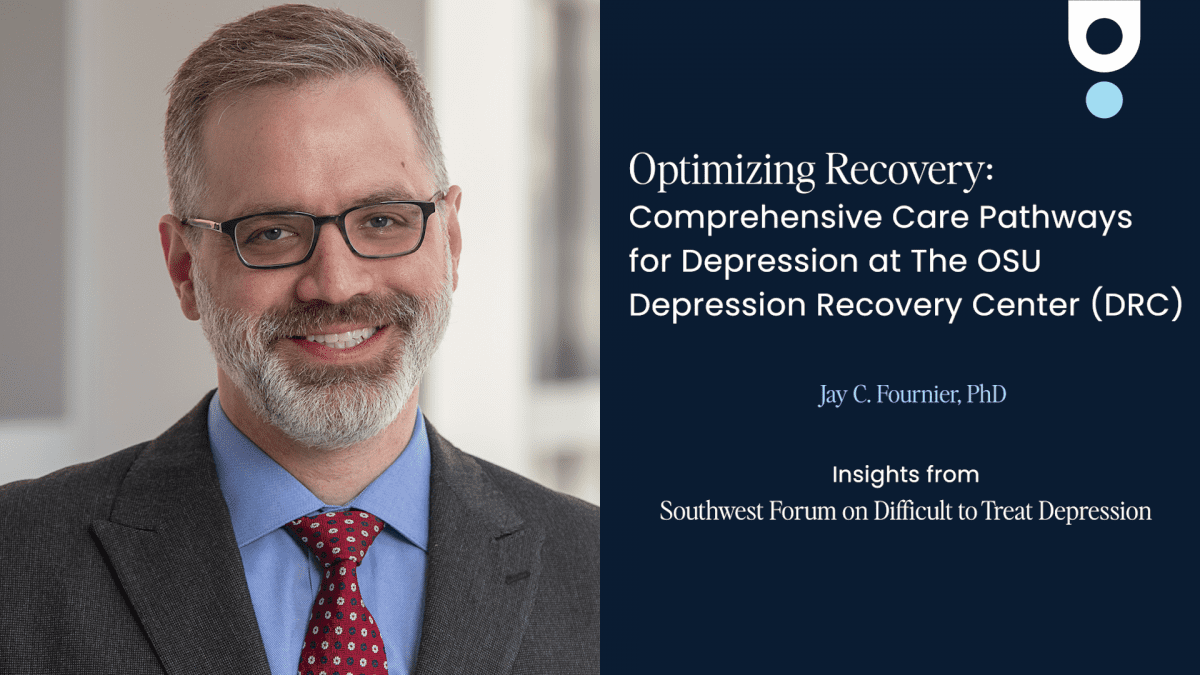
Optimizing Recovery: Comprehensive Care Pathways for Depression at The OSU Depression Recovery Center
In this video, Dr. Jay Fournier discusses the challenges of outpatient depression care, including access issues, placebo response, and maintaining sustained remission. He outlines a stepped approach to treatment pathways, ranging from resource-efficient interventions for mild depression to intensive therapies for treatment-resistant cases, and emphasizes the importance of individualized care based on severity.

The Case for Surgical Interventions in Treatment Resistant Depression
Patricio Riva Posse, MD, discusses advanced surgical interventions for treatment-resistant depression, including vagus nerve and deep brain stimulation. This presentation explores relapse rates, alternative therapies, and the potential for long-term stability through neuromodulation, offering valuable insights for clinicians treating chronic depression
Neurosteroids and Postpartum Depression: The Brexanolone and Zuranolone Journey from Bench to Bedside
In this video, Samantha Meltzer-Brody, MD, MPH, discusses the use of brexanolone and zuranolone, novel neurosteroids for treating postpartum depression, focusing on their mechanisms, rapid efficacy, and clinical trial results. The video also examines challenges related to cost, access, and their broader potential in treating major depressive disorder.
October 2, 2024
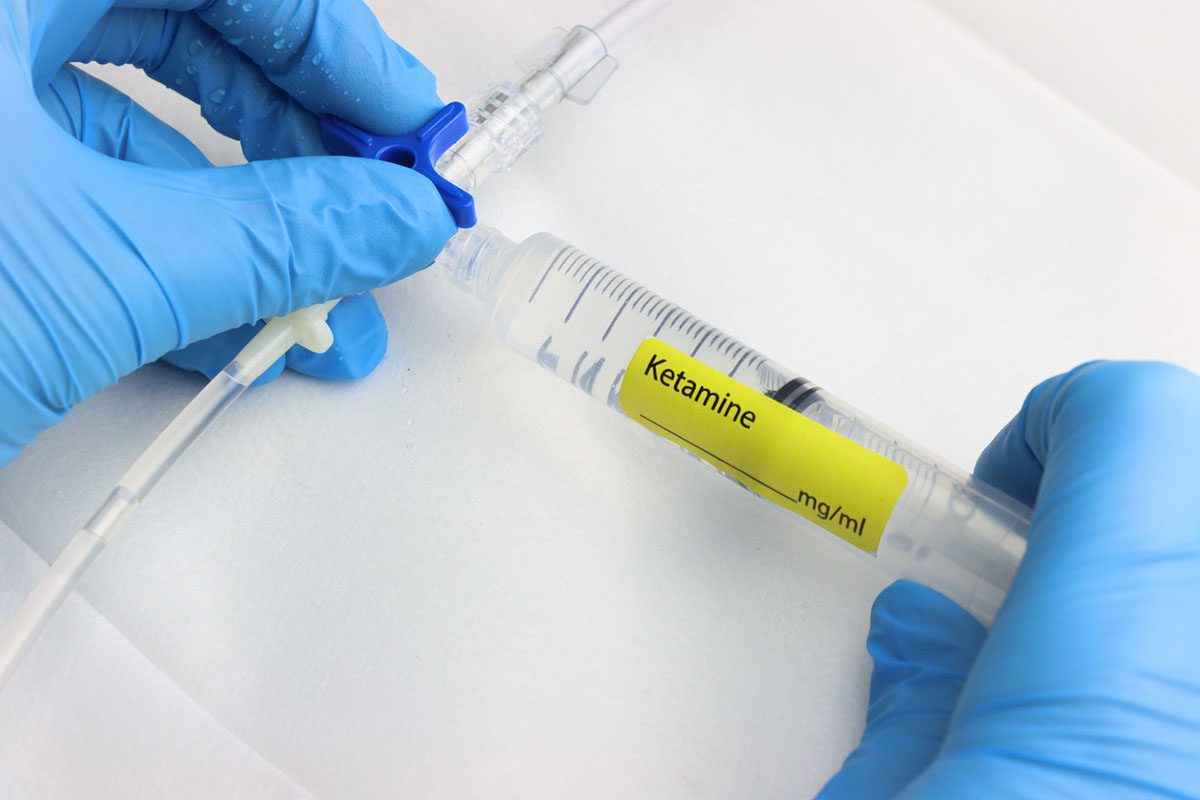
Efficacy and Safety of Ketamine/Esketamine in Bipolar Depression in a Clinical Setting
In a small sample of patients with bipolar depression treated with ketamine/esketamine, no evidence of mania or hypomania was seen during acute treatment.

 MY ACCOUNT
MY ACCOUNT

